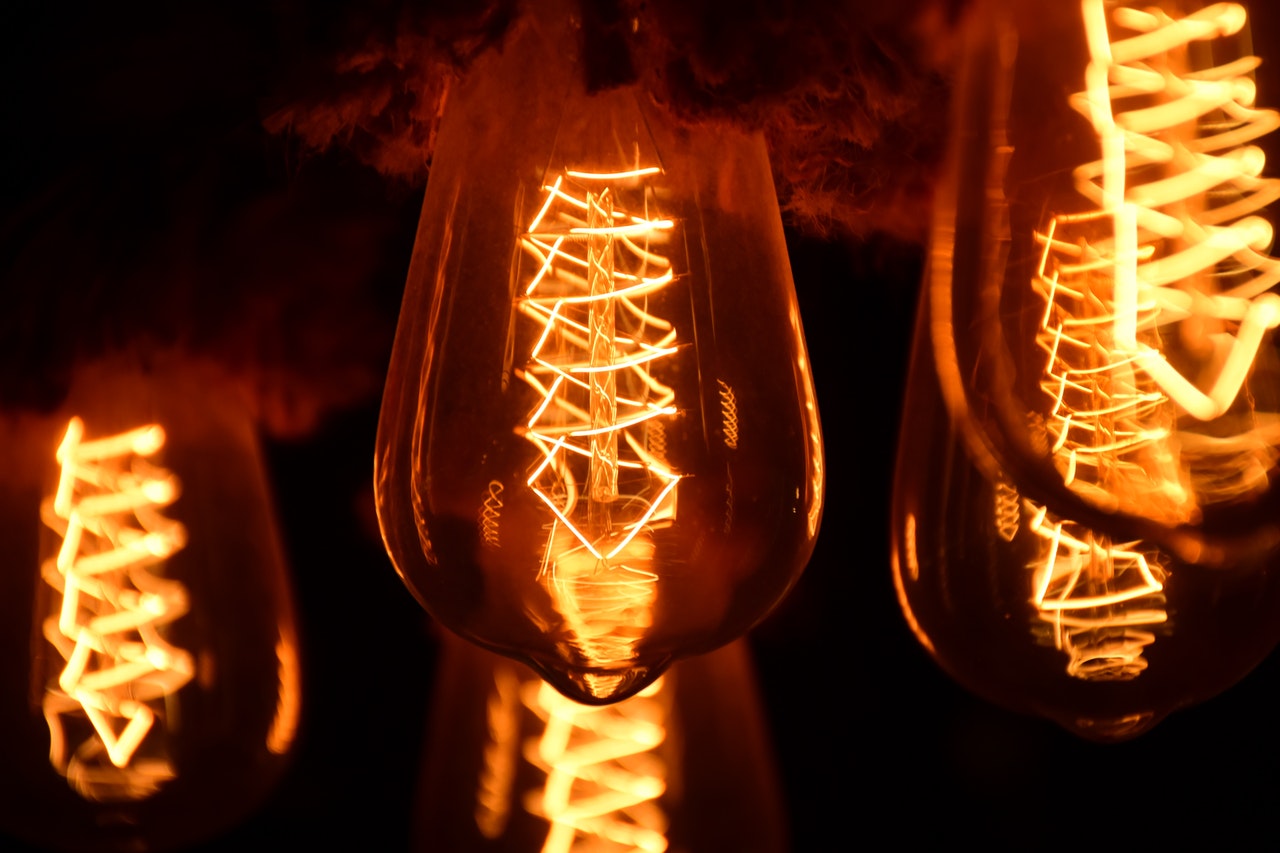The Illinois Institute of Technology Chicago (IIT) startup Influit Energy has developed five separate projects as components of an innovative closed-loop energy ecosystem. “We have created a new flow battery based on our invented composite electrolytic fluid, which includes nanoparticles as active elements of the device, in a single system, which we called nanoelectric fuel or NEF,” said John Katsudas, CEO of the Chicago-based startup.
Katsoudas calls Influit Energy a “subsidiary” of IIT. Together with him, the company is headed by two co-founders: Elena Timofeeva, Chief Operating Officer for Research and Development, and Carlo Segre, Chief Technical and Financial Director, professor of physics at IIT.
Previously, all three scientists worked together for several years at the Argonne National Laboratory, one of the leading research centers of the US Department of Energy, also located near Chicago. This center provides a range of resources and equipment that Influit Energy uses from time to time.
“The unique liquid format of NEF flow batteries with high energy density allows the use of the same liquids in different devices, which means that liquid charged at a charging station from renewable energy sources or the grid can be used to quickly refuel vehicles or for stationary storage and other large portable applications. The drained liquid can be returned to the station for recharging or charged inside another compatible device by connecting it to a power source,” Elena Timofeeva explained.
The US government has also played a critical role in Influit Energy’s growth, awarding the company more than $10 million in contracts to fund the development and prototyping of NEF (nanoelectric fuel) flow batteries, enabling several government agencies to use Influit Energy’s devices in electric vehicles and aircraft.
The company’s current client list includes NASA, the Defense Advanced Research Projects Agency (DARPA), and two US Air Force grant programs: AFWERX, an innovator team that promotes collaboration between the military, academia, and industry, and the Small Business Innovation Research Program (AFRL).
The fuel used by the Influit Energy ecosystem can be recharged using renewable energy sources or the electrical grid.
“The components of our ecosystem are batteries for devices such as cars and electric vehicles, which are currently funded by DARPA; filling nozzle and control system funded by AFWERX; and a NASA-funded liquid fast charger,” Timofeeva said.
“We are using several innovative small business grants to showcase the various elements of this closed energy ecosystem. It takes time, but in the end we are moving towards one goal – the commercialization of technologies,” said Segre.

